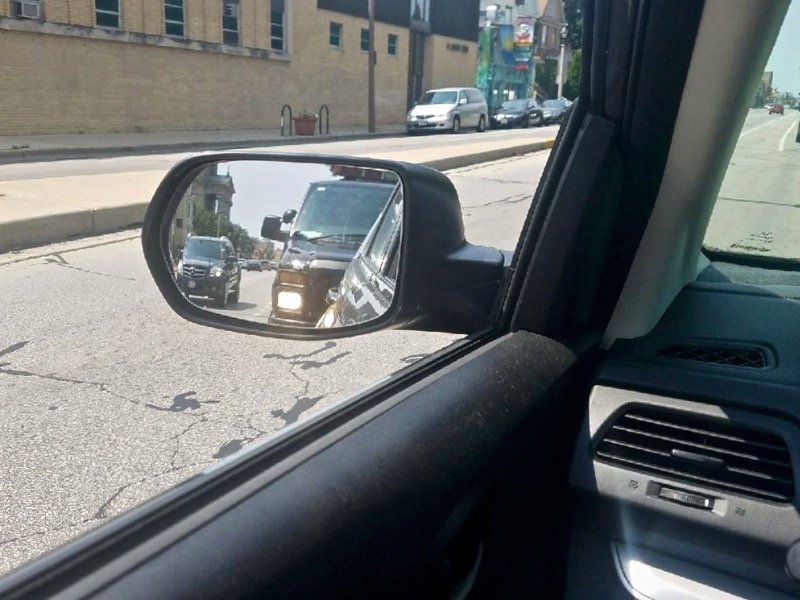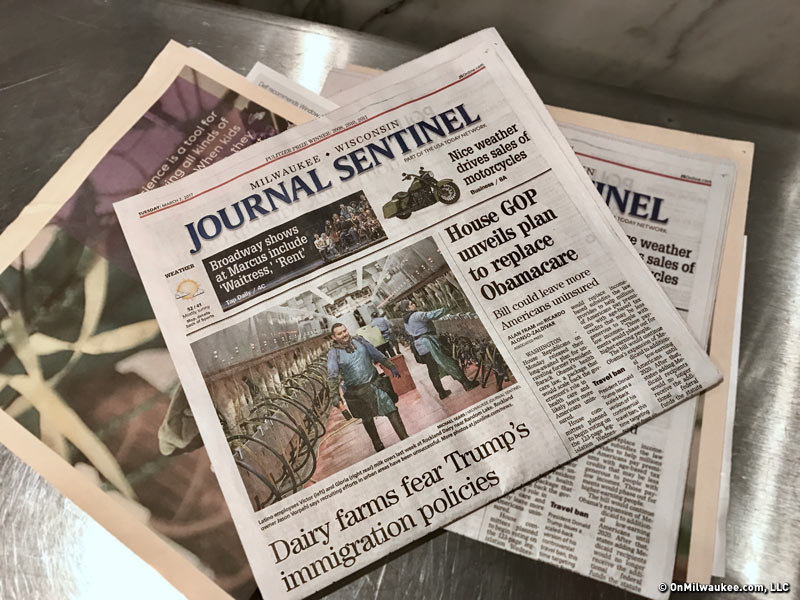In February, Comcast made a deal to purchase Time Warner Cable. At that time, the companies moved the details of the offer forward for government approval.
As part of that deal, Comcast found itself in a position of having to sell off more than 3 million of Time Warner’s customers to get federal approval. That left customers in Wisconsin and other places throughout the country not knowing who would provide service and collect the cash from subscribers.
Earlier today, Comcast reached an agreement with Charter Communications to pick up a number of customers, including ones here in our city.
"This morning's announcement is a win-win-win and moves us one step closer to completing our merger with Comcast," said Time Warner Cable spokesman Mike Pedelty.
"We're pleased that the parties have reached agreement and look forward to working with Comcast and Charter to make all of the transactions as seamless as possible for our employees and our customers."
Charter and Comcast reached a deal on a number of "tax-efficient transactions," picking up customers that the combined Comcast and Time Warner Cable firm would have had.
Roughly 3.9 million video customers are in the balance.
"The divestiture follows through on Comcast’s willingness to reduce its post-merger managed subscriber total to less than 30 percent of total national MVPD subscribers, while maintaining the compelling strategic and financial rationale of its proposed merger with Time Warner Cable," the official release from Comcast said.
"Pursuant to the agreement, and following the close of the Comcast-Time Warner Cable merger, Charter will acquire approximately 1.4 million existing Time Warner Cable subscribers, increasing Charter’s current residential and commercial video customer base from 4.4 million to approximately 5.7 million, and making Charter the second largest cable operator in the United States."
At this time, it is unclear what this post-merger deal with Charter will mean for the Time Warner Cable employees in Wisconsin.
Here are further details from the Comcast and Charter agreement:
The agreement will be executed via three separate transactions, which are subject to the completion of the proposed Comcast-Time Warner Cable merger:
- Comcast will divest Time Warner Cable systems serving approximately 1.4 million existing Time Warner Cable customers directly to Charter for cash. Charter expects to fund the purchase with proceeds from debt, and to have approximately a 5 times debt to EBITDA leverage ratio at closing.
- Comcast and Charter will transfer assets serving approximately 1.6 million existing Time Warner Cable customers and 1.6 million Charter customers in a tax-efficient like kind exchange, improving the geographic presence of both companies, leading to greater operational efficiencies, improved technology deployment and enhanced customer service.
- Comcast will form and spin off to its shareholders a new, independent, publicly-traded company that will operate systems serving approximately 2.5 million existing Comcast customers. Comcast shareholders, including the former Time Warner Cable shareholders, are expected to own approximately 67 percent of SpinCo, while New Charter is expected to directly own approximately 33 percent of SpinCo.
SpinCo expects to incur leverage of approximately 5 times estimated pro-forma EBITDA, and New Charter will then acquire its interest in SpinCo by issuing New Charter stock to Comcast shareholders (including former Time Warner Cable shareholders). SpinCo’s nine-member Board of Directors will include six independent directors and three directors designated by Charter. Comcast will hold no ownership interest in SpinCo (or Charter) and will have no role in managing SpinCo.
Media is bombarding us everywhere.
Instead of sheltering his brain from the onslaught, Steve embraces the news stories, entertainment, billboards, blogs, talk shows and everything in between.
The former writer, editor and producer in TV, radio, Web and newspapers, will be talking about what media does in our community and how it shapes who we are and what we do.







